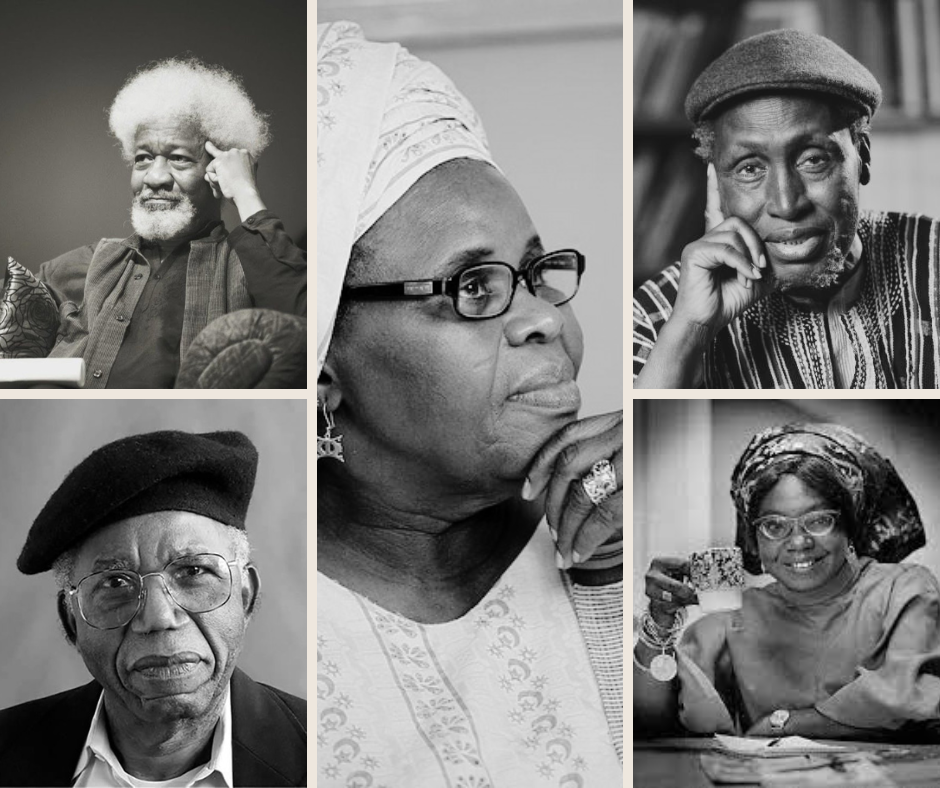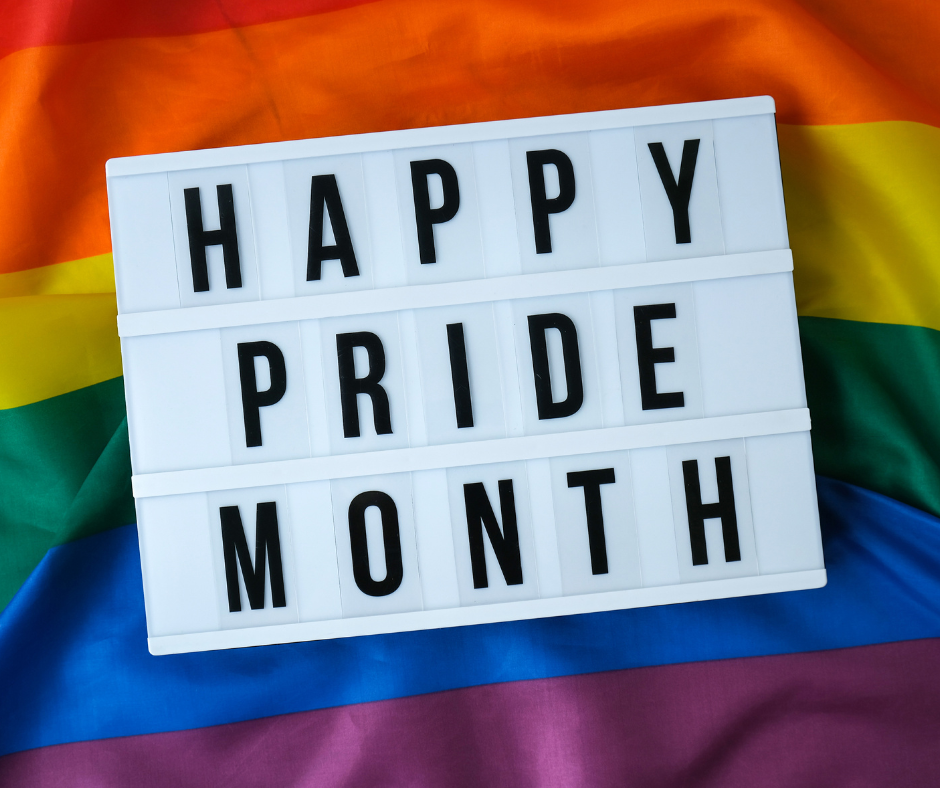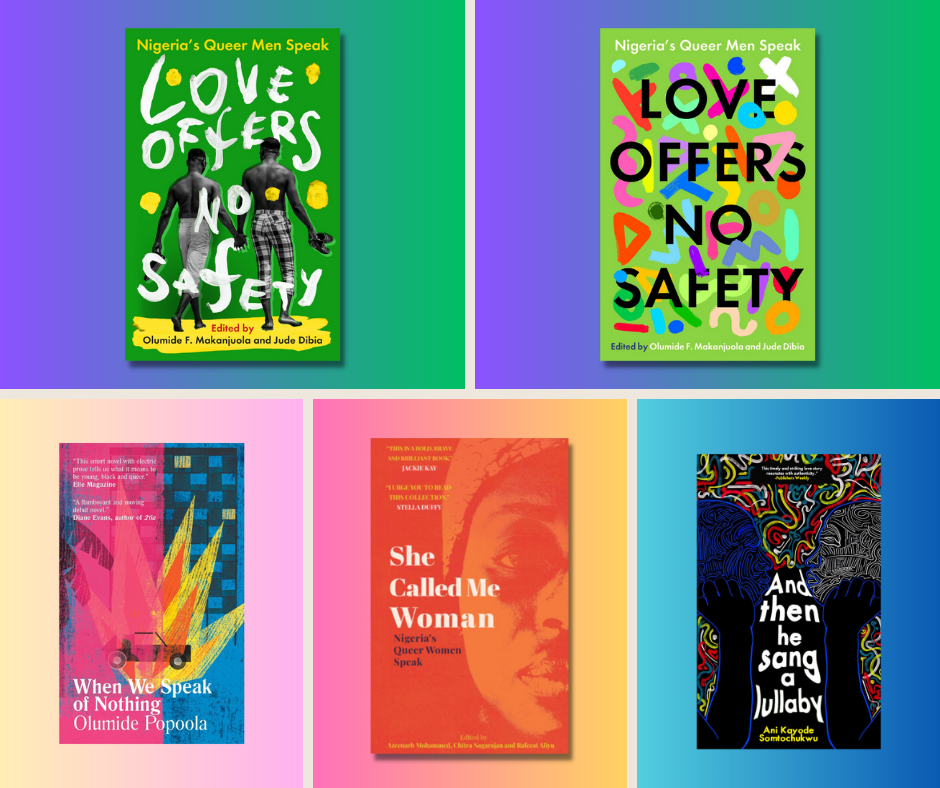In our interconnected world, it is easy to feel overwhelmed by distorted perceptions that arise from news cycles and online and offline conversations. Imagine scrolling through social media and coming across yet another post about gender parity in leadership positions or women writers in the African literature space. With so much attention on the women, one might assume that they have achieved equal or greater representation by now and many assume they are the only writers capturing publishers and readers imagination! However, even though women writers like Flora Nwapa, Ama Ata Aidoo are finally getting their due flowers, we cannot deny that the three indomitable titans of African literature, Achebe, Ngũgĩ and Soyinka still dominate the African literary canon.

In this current landscape, what we are faced with is the illusion of dominance. When a marginalised community begins to receive attention, it is natural for any coverage to seem excessive in comparison to what came before. However, we must question whether this perception aligns with actual reality. Welcome to the realm of hypervisibility! It is imperative to recognise the stark contrast between hypervisibility and the true state of affairs.

If you have been keeping up with our weekly newsletters and social media platforms, you’ll know we have been all about pride and Africa’s queer community. Throughout history, the existence of queer individuals in Africa has been a subject of contention, with some dismissing it as a foreign concept. Consequently, we’ve witnessed an ongoing cycle of homophobia, religious dogma, stringent legislation, violence, and threat to lives. What these camps overlook is that the only thing that’s a foreign import is homophobia with colonial sodomy laws. As norms and traditions often shape our understanding of gender and sexuality, the history of acceptance and visibility of queerness in African societies has been suppressed in the wake of Abrahamic religious import, becoming part of what is reconfigured as African tradition. Still, interest groups, producers in media, art and even publishers like us are resolute in our determination to challenge homophobic and androcentric re-writing of African accommodative history and culture through the stories we are telling.

Television shows like Wura, Sex Education, and Pose have made notable strides in increasing the visibility of queer characters. Similarly in literature, books like Butter Honey Pig Bread, They Called Me Queer, Lives of Great Men, Collective Amnesia, Love Offers No Safety, And Then He Sang a Lullaby and many others are amplifying queer voices and sharing their unique experiences. While some may perceive these stories as dominating the literary and cultural landscape, the reality is only a small fraction of these stories get published or receive comparable visibility to cis-heteronormative narratives. A closer look at Nigeria’s best-selling books of 2022 by the largest retailer, presents a very different picture than what social media might portray or even a cursory look at the list of many African and Western publishers will show that we are a long way from queer narratives dominating the literary space; and if they do, it will not be such a bad idea given the millennial of cis-gender storytelling.

Beyond what we see on screen and in literature, it is important to acknowledge that real individuals with their own lives exist. They must navigate the intricate aspects of their identities while contending with society’s often negating perception of their existence. This is precisely why we are committed to using our platforms to challenge discriminatory norms and advocate for a more inclusive and equitable space where everyone can live freely, embracing their true selves.
Happy Pride Month!
